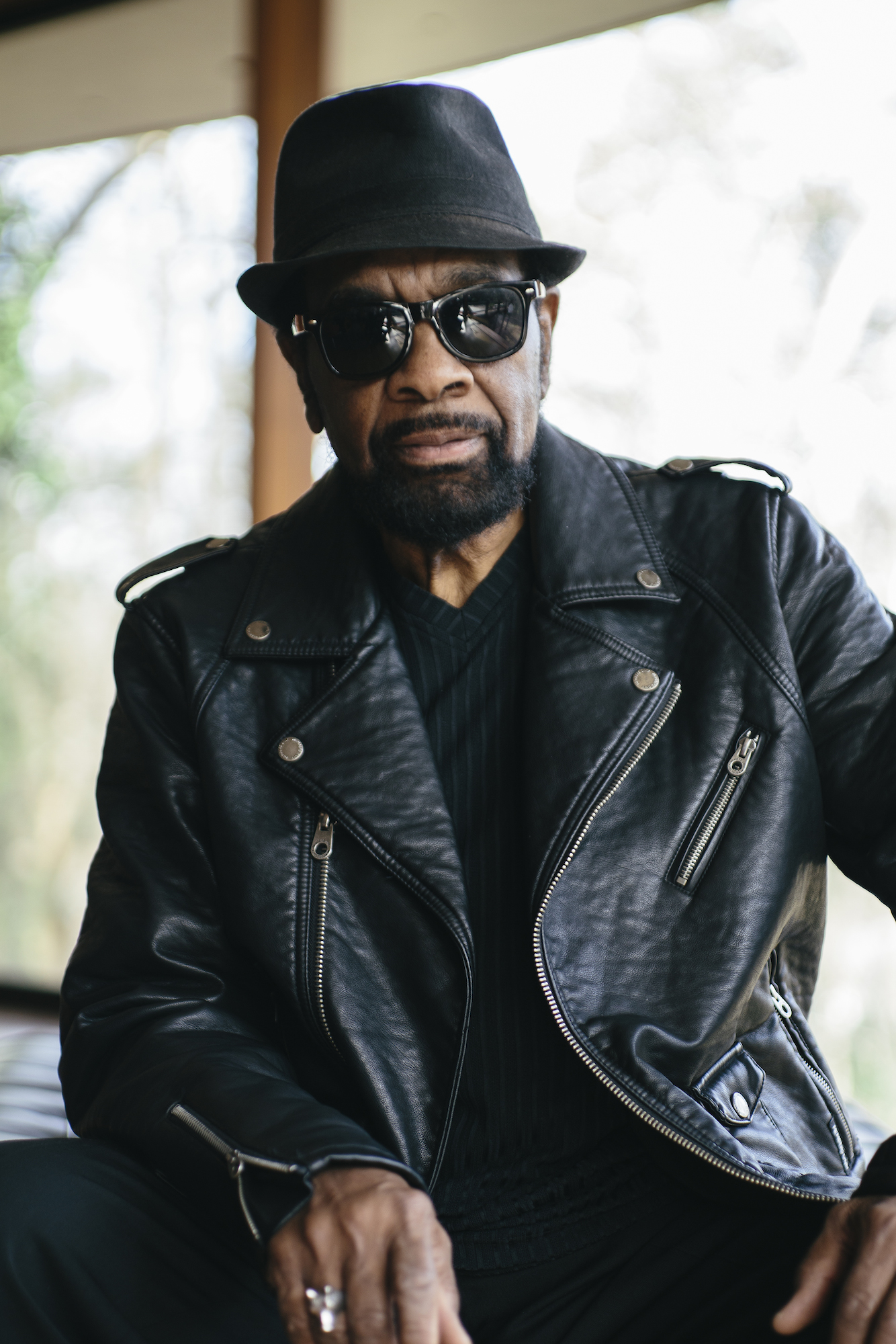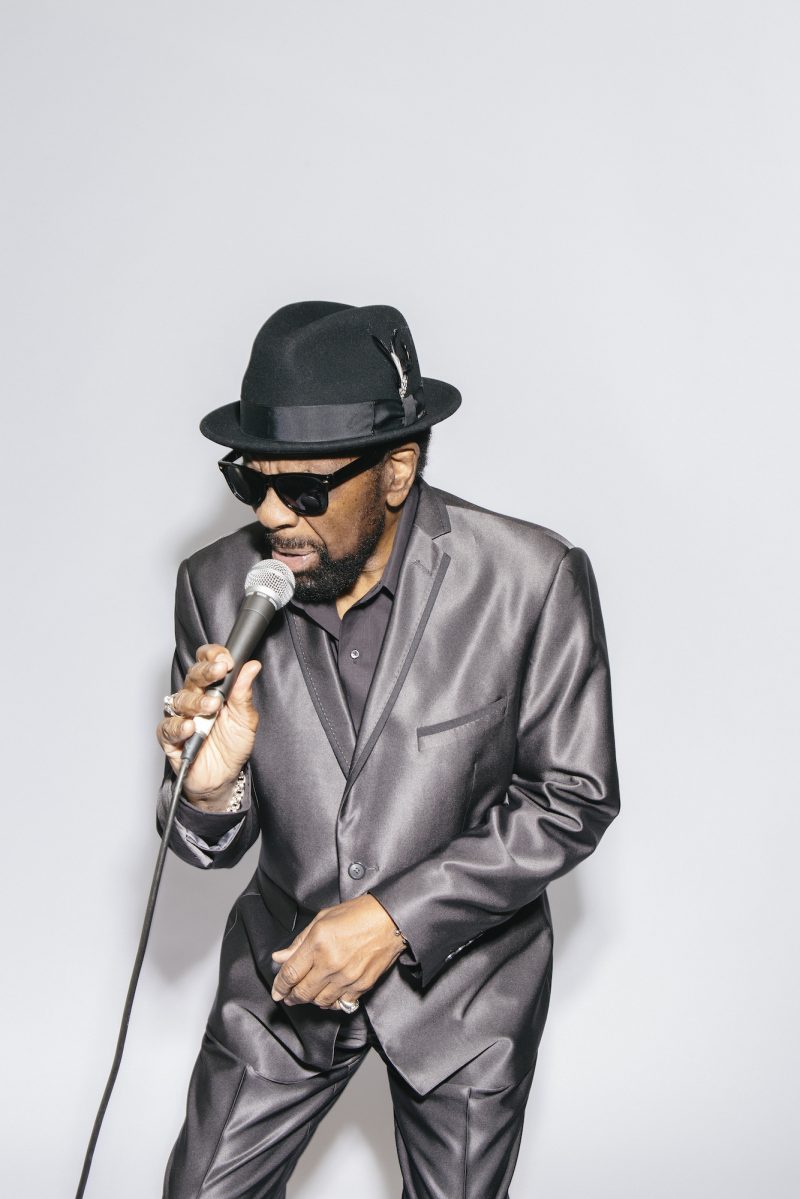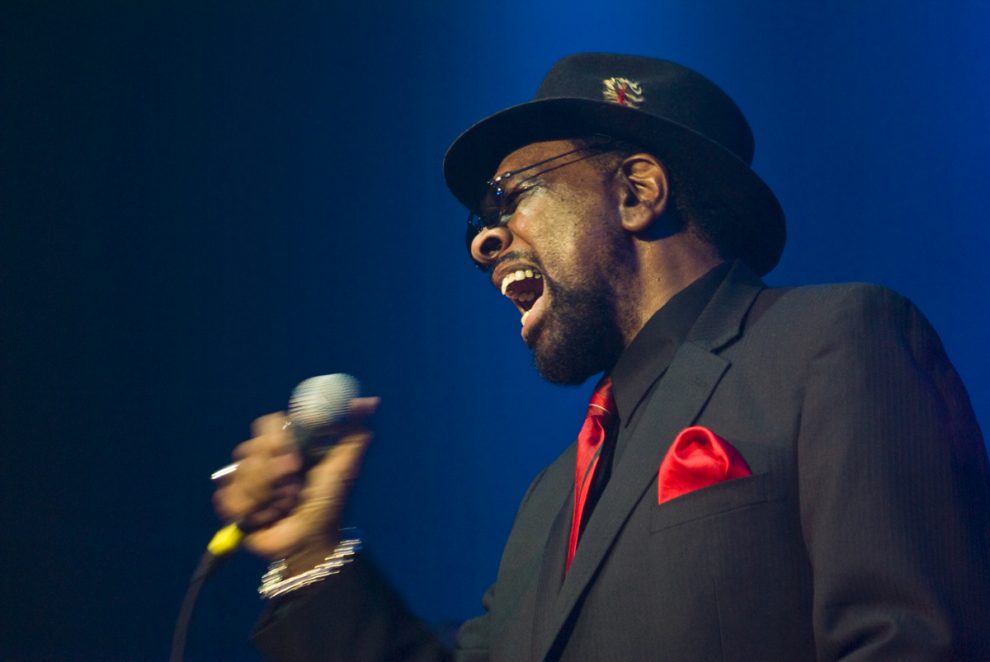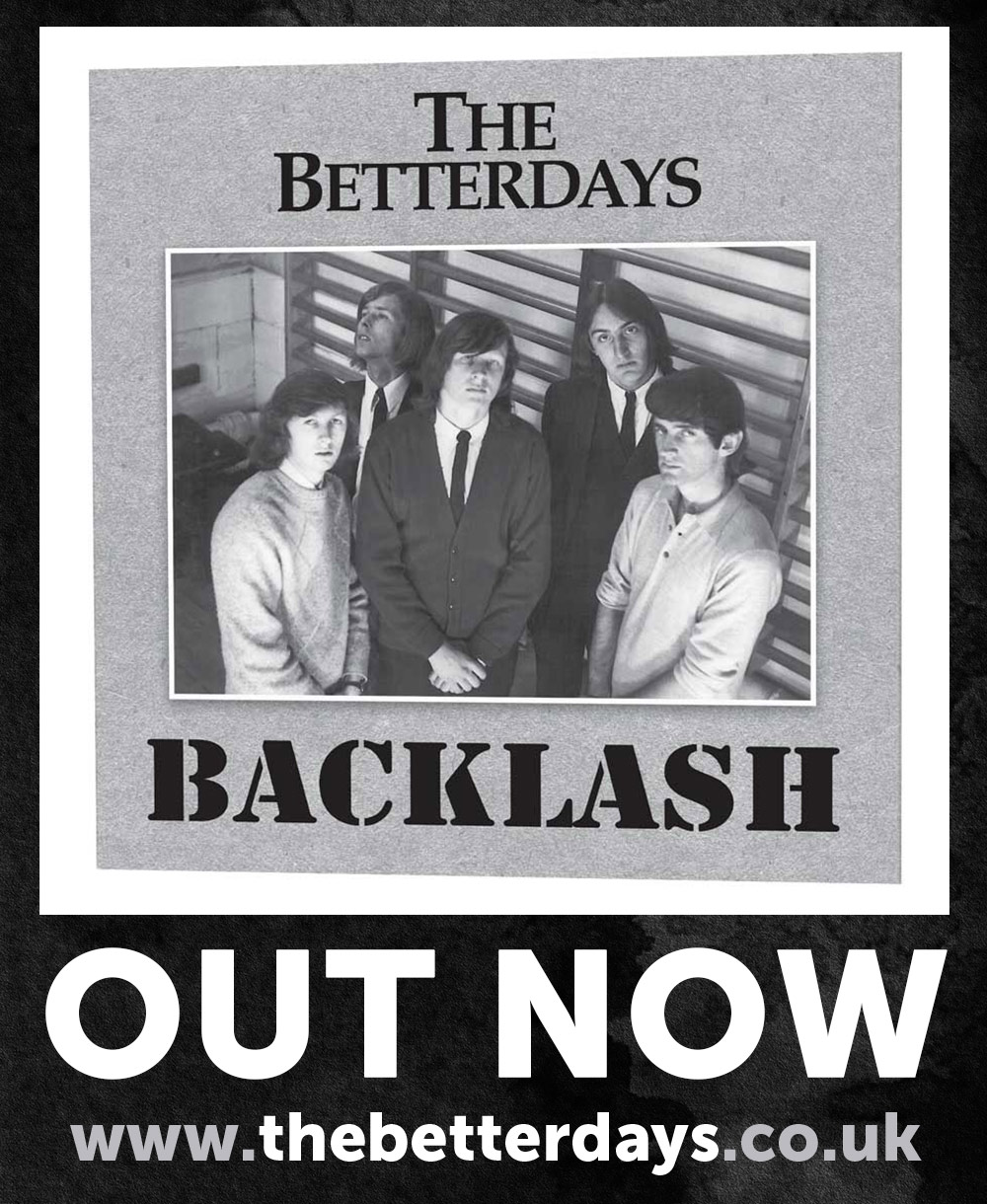Stax soul legend William Bell – one of the last surviving soul pioneers – has an exclusive UK show with the 12-piece Stax Academy Revue in July.
William speaks to Music Republic Magazine editor Simon Redley from his US home…
When I am offered an interview with an artist, or I request one, if it is not face-to-face, it is what we call “a phoner”. Then, a PR representative will either have the artist call me or dish out a number where I can call them on the given date and time. In this case, I was given this star’s private number. Which in his case, is a very apt situation…
Stax R&B legend William Bell is best known to some as one half of the classic and timeless 1968 duet with Judy Clay, “Private Number”, which he also co-wrote. See what I did there? One of the last men (or women) standing of the veteran soul originators, William Bell (born William Yarbrough) is still in very fine voice at 77-years-old and in demand around the world for live performances. His current album “This Is Where I Live” won him his first Grammy.
Due back to the UK for an exclusive appearance in July at the annual SummerTyne Festival in Gateshead. He will be joining the 12-piece Stax Academy Revue for what promises to be a real tail shaking, foot stomping, backbone slippin’ night of great music.
William Bell cut his first sides with the singing group The Del Rios from the mid- 1950s, before he became the first male signed to Stax Records in Memphis, initially as a songwriter. The iconic label that later released recordings by Otis Redding, Sam and Dave, Isaac Hayes, and The Staple Singers.
Debut hit and signature song…
Bell’s 1961 solo debut for Stax, “You Don’t Miss Your Water (Until Your Well Runs Dry),” became one of the fledgling label’s first major hits. The song is now considered one of the finest early examples of soul music, and was covered by many artists, including Otis Redding and The Byrds. But just as his career was taking flight, Uncle Sam came calling via the draft and Bell did a tour of duty in the Army.
After returning to Stax, William released his first full-length album, 1969’s definitive “The Soul Of A Bell,” which included the Top 20 single, “Everybody Loves a Winner.” That same year, the original version of “Born Under a Bad Sign” by Albert King hit it big. The song has since been covered by many cultural icons, from Jimi Hendrix, Cream and even Homer Simpson.
Among Bell’s other hits at Stax were “Any Other Way” (also a hit for Chuck Jackson), “A Tribute To A King”, “I Forgot to Be Your Lover” (later covered by Billy Idol), “Private Number” with Judy Clay and the Christmas-time favorite, “Every Day Will Be Like a Holiday” (recently covered by Warren Haynes and also by Carole King).
He had another hit in 1977 with “Tryin’ to Love Two” on Mercury Records, which became a top ten pop hit and went to #1 on the R&B charts. Since then, Bell has continued to enjoy a distinguished career as a singer, songwriter and producer. He has produced many albums, and his songs have been recorded by such diverse stars as Linda Rondstadt, Rod Stewart and Etta James, among many others. Additionally, his recordings have been sampled by an impressive list of hip-hop and R&B artists including Kanye West, Ludacris, Jaheim and more.
First Grammy…
Bell has received the R&B Pioneer Award from Rhythm & Blues Foundation, the W.C. Handy Heritage Award from the Memphis Music Foundation, and the BMI Songwriter’s Award. He is a member of the Georgia Music Hall of Fame and the Memphis Music Hall of Fame, and is featured prominently in the Stax Museum. He won his first Grammy in February 2017 for his latest album, “This Is Where I Live” in 2016, one of two nominations: “Best Americana Album 2016” and “Best Traditional R&B Performance”, for the song “The Three Of Me”. He performed with Gary Clarke Jr at the Grammy awards live on TV around the world. He is nominated for three awards at the 2017 Blues Music Awards. He has also been given the Lifetime Achievement Award at the Americana Music Awards, where he performed with Bonnie Raitt.

Speaking to me from his Atlanta home, William revealed some interesting facts about the Judy Clay and William Bell smash, “Private Number” that hit the UK chart at number eight in 1968. It was never meant to be a duet! The song was penned by William and fellow Stax artist Booker T Jones, who also produced it, intended for Otis Redding, who died before he could record it. William did pay tribute to Otis Redding with another of his songs, “A Tribute To A King”, which made the UK singles chart in 1968.
Private Number
William takes up the fascinating story about Private Number: “Booker and I were really successful in our writing, as we both grew up together, went to the same High School and church; we were like an extension of each other.
“If I was not on tour, I was always in the studio asking questions. I wanted to learn about the behind the scenes aspect of production and recording. I was kind of like a little sponge that soaked up everything.
“I was at a project they did on Judy Clay at Stax for Atlantic Records, and Jim (Jim Stewart, co-owner of Stax and also a producer) knew I was a good writer, and he asked me if I had something Judy could do. I sang ‘Private Number’ and she liked it, but she had to go back to New York for a concert, so they asked me if I would put it down and send it to New York.
“So, I sang the entire song, and they sent the tape up to New York. Jerry Wexler or Ahmet Ertegun, one of the guys at Atlantic, put Judy on it. But they liked my vocals, so they left me doing the first verse and Judy chimed in on the chorus. Then she did the second verse and they kept my chorus in there. So, we never recorded it together in the studio.
“But it came off so well, and when Stax heard it, they wanted something to compete with Marvin and Tammi on Motown. There was this friendly rivalry between Stax and Motown. We (Stax) didn’t have a duet at the time, they wanted a duet. That was the perfect duet and the first big pop record that Stax had.
“It is very fortunate that so many artists can identify with my writing and my songs. ‘Private Number’ is one of those songs that the melody and lyrical content sticks with you, and people can relate to it”.
Another big winner and part of William’s pension pot from the writers’ royalties it brings in, is the blues standard “Born Under A Bad Sign”. Again, co-written with his pal Booker T. Covered by the world and his dog.
The most famous version is by blues legend Albert King, who was a Stax artist at the time. William explains how that song came about and how Albert came to cut it.
Zodiac Signs
“I had started the song originally for me, and I had a bass line, a verse and a chorus. I was on a session Albert King was doing, and at the end of the session, he did not have enough material he could record. Jim Stewart asked me if I had anything he could do, and I sang that song for Albert and he loved it. Booker T. and I had to go write it and complete it overnight. We went in the next day, laid down the track, Albert put his guitar work and vocal on it, and it came to life. But it was a song for me to record, originally. During the time of the Zodiac signs and all of this stuff being popular, so I came up with that idea. It is a wonderful song and has been covered by all the iconic blues artists. It feels good that the fans embraced it”.
During a seven-decade recording career, William has released 16 albums, 47 singles, scooped many awards, including the Grammy for his latest album,, which was released in June last year (2016) on the newly re-launched Stax label. Some 40 years since he last recorded for the legendary record company. Produced by John Leventhal (Rosanne Cash, Rodney Crowell, Shawn Colvin). But he did not see it as a come-back album. He was keen to make a record with songs of reflection, summing up his career in his music. I asked him why he felt it had been such a huge success.
“It was 40 years since I was on Stax, 25 years since I was on Mercury. I went back to the Stax label and the people there were just wonderful and knew all about my initial input at Stax. The second thing; getting with John Leventhal, discussing the project and figuring out what we wanted to do. I really wanted to write something significant about my career, and I’m a hopeless romantic, so it is always love songs. But we wanted to write it from the stand point of reflection, and reflecting on your life, your career and love life. So, this is what we did. While doing that, we realised it’s been 40 years since I’ve done this. It was a good thing to be working with John Leventhal on this, because he understood perfectly and he was a fan of the original Stax music. We didn’t want to try to reinvent the wheel, but we wanted to retain some of that essence of the Stax sound; with the horns and all that stuff.
“It is just wonderful to win the Grammy, because we crossed genres with this record, and it is wonderful it has been so well received. It feels good. Like a validation of all your hard work. You don’t go into it to win awards, but when you do get one, it says to you that something you are doing is being noticed, and your peers and your fans honour what you are doing, and they relate to you. But I didn’t go into it thinking of a come-back album. I wanted to ensure we had great structure and lyrical content in the songs, because I love songs I can relate to and I think the fans can relate to. I had to ensure we had great material, and the production was tight, and then put it out there”.
I’d love to record with…
Plans for a new record? “Next year probably. John and I have been talking and we would like to work together again. I’m currently writing. I have been so busy travelling doing concerts. But I am writing while I am travelling, putting it down on paper and on my iPhone recorder. I have maybe three or four songs in the can, but I like to have 16 to 20 songs to pick the best of them”. I suggest William maybe considers cutting a duets album, with veteran artists and singers from today, with lots of strings all over it. He digs that idea…
“Actually, I would love to do that. I would love to do a project with Mavis (Staples). We have talked about it. Then there’s a girl with my management company, Ruthie Foster. She’s just a wonderful talent. I did a guest spot on one of her CDs and I’d like to return the favour. I’ve got a song I think would be perfect for her”. William also has his eye on a British talent he would be well up for working with. Corinne Bailey Rae. “She’s a wonderful talent. We have met, and I would love to do something with her”. Great idea.
He would like to do more TV and movie work, after a cameo appearance in the major US television series “Quarry” and he is in the acclaimed Memphis music documentary “Take Me To The River”, singing one of his songs with Snoop Dog. He reveals they are working on a part two, and he has already filmed some scenes with Snoop. He’d be up for some dramatic parts too, he says. “It is challenging and is closely connected to what I am doing musically. Delivering lines, but you’ve got the believe-ability and honesty that has to be there”.
We talk about the current resurgence of interest in soul and R&B music genres, and some young modern artists basically copying what William and his colleagues did all those years ago. Lots of sampling going on too. He’s cool with that. “It’s great. One of the things I am all for. I’m for passing on the torch and working with the kids. We did that movie ‘Take Me To The River’. That’s what it is all about; to keep the music going, keep soul music going. Blues, country and soul makes people feel good. When the younger kids can hear something they love, I’ll give them all my input”.
William Bell, Eddie Floyd, Booker T and Mavis Staples are just about the last men and woman standing, from the original Stax roster. How does it feel to be one of the last of the pioneers, one of the last authentic soul voices left? “I feel very blessed to still be in the game and to be viable. My health is good, my voice is still intact, so that is a blessing to me. And to retain the older fans who have been like a rock; my rock, they are still there for me. At the concerts now, I have the grandparents, the parents and the kids, and that feels really good. I am aware most of my peers have all gone on, but it is just a wonderful thing to still be in it, and have all my health and strength”. Amen to that.
The Whitehouse invite…
William speaks affectionately about the best moment of his career to date (apart from my interview with him, of course!); when he was invited to perform for President Obama and the First Lady, at the Whitehouse. He sang his first big hit, his signature song he also wrote in 1961, “You Don’t Miss The Water (Until The Well Has Run Dry)”. There’s the fabulous footage of that 2013 moment on You Tube.
“The appearance at The Whitehouse for President Obama, is one of the high-points of my career. He was just so outgoing and a wonderful guy. We had a photo op’ and he signed the photo and thanked me so much for the performance, saying that he and the First Lady enjoyed it”. William also cites world travel as some of his best moments…..“Travelling from city to city, like Rome and London, Paris… doing the concerts and meeting the fans in different countries. I don’t feel like a stranger anywhere I go, because somebody knows what I do as an artist. It is a good feeling”.
William is here for a show at the Summertyne Festival, Gateshead on July 22nd. With his band and the Stax Academy Review (12-piece). What can fans expect? “They can expect me do some of the older Stax songs and some from the new CD. We have a great show lined up for them. I have been working on some projects and gigs with the Stax Academy kids, and have been involved with them for many years. “We’ve got some truly talented kids coming out from the school. They just amaze me, and I’m like a proud Grandfather. We do have a wonderful show, and the kids are just amazing”.

While William is a mentor to the young Stax Academy artists of today, he was taken under the wing of an R&B legend as a youngster; Stax star Rufus Thomas. I ask him about those days. “Ahhh. Rufus was like a surrogate father. I met Rufus when he was a DJ at Memphis radio station, WDIA. He was also a dancer, ‘Rufus and Bones’. When I was working at The Flamingo Room off Beale Street as a 14-year-old, I would sneak around to the Palace Theatre where Rufus and Bones were performing, and they would let me in the back and wrap me in the stage curtains, so I could watch the show. Rufus and I got to know each other early on, and then he took me under his wing, as a new kid prodigy. He was a surrogate Father from that time and until the end of his career and his life”.
Missed out…
William is no stranger to these shores. He first came over here to perform back in 1967, after he left the US Military service. He missed out on being part of the first Stax Revue which toured here, due to commitments in the US he could not get out of, and Arthur Conley took his place. But he came over in his own right to work club gigs to establish a fan base here, which quickly grew when word about his explosive stage performances and killer voice got out.
“I came over later on, did some concerts and some club dates. Wonderful memories of that and they are still going on. Early on, my first trip over, we worked a lot of club dates to establish a fan base, then John Abbey from Blues & Soul magazine started writing all the great articles on me. (John eventually moved to the USA, set up Ichiban Records in 1985 and signed William.) So, it just became a love/love situation between me and the British audience. That has been going on all these years”.
He tells me the “secret” of such a long and successful career is pretty simple: “Loving what you do, hard work and wanting to perfect what your craft is. I truly love what I do and hard work is synonymous with me; I have been doing it all my life, and it’s no stranger”. To finish off our chat, I ask William to sum himself up in one sentence: “One of the last of the soul singers, but still loving what he does”. Well, long may that continue.
- Amid the soaring popularity of Americana and country music in the UK, the 12th ‘SummerTyne Americana Festival’ takes place at the Sage, Gateshead from Friday July 21st to Sunday July 23rd. Bringing together legendary artists, rising stars and the best of the next generation in a three-day programme.
The Shires, Sarah Darling, Merle Haggard’s Strangers Featuring Ben & Noel Haggard, William Bell plus The Stax Academy Revue, Angaleena Presley, Jim Lauderdale, Sam Outlaw, Beth Nielsen Chapman, Callaghan, Jo Harman, Lisa Mills, Chuck Prophet and many others appear across several stages during the packed three-day event.
For tickets and further details: http://www.summertyne.com or contact Sage Gateshead ticket office on 0191 443 4661.
By Simon Redley















Recent Comments